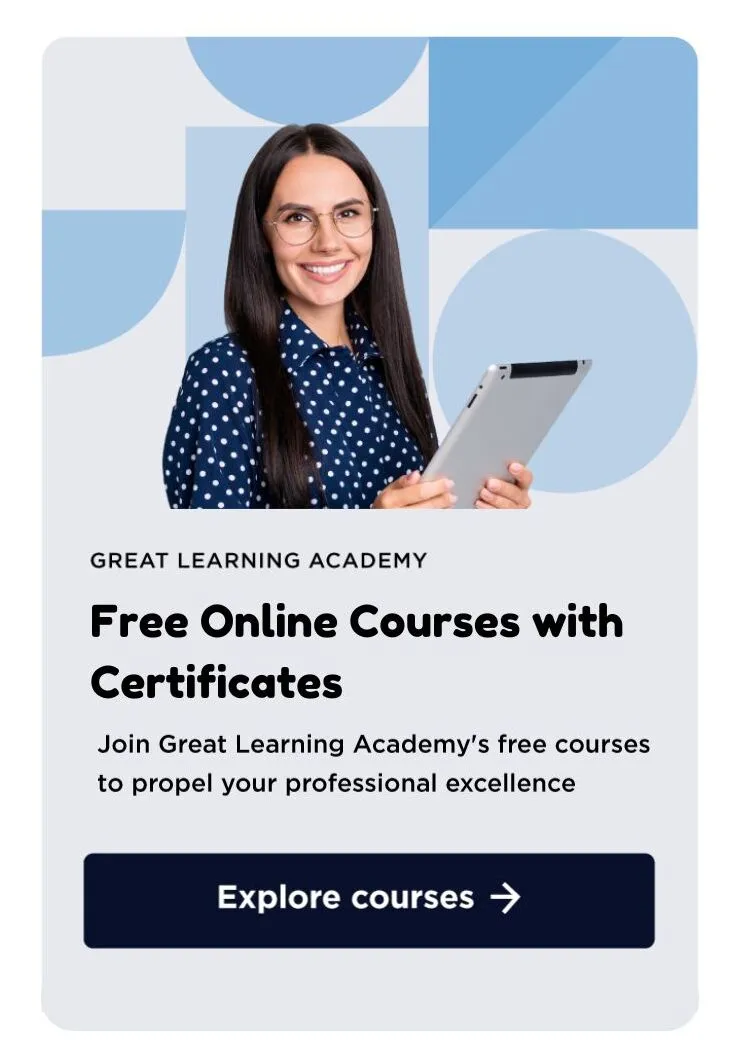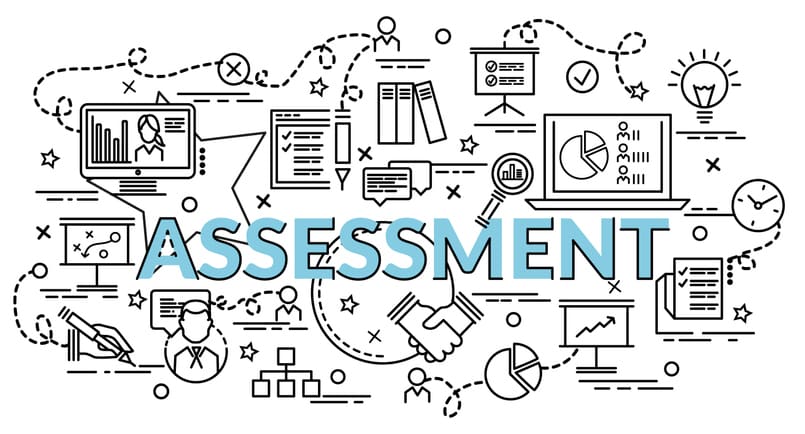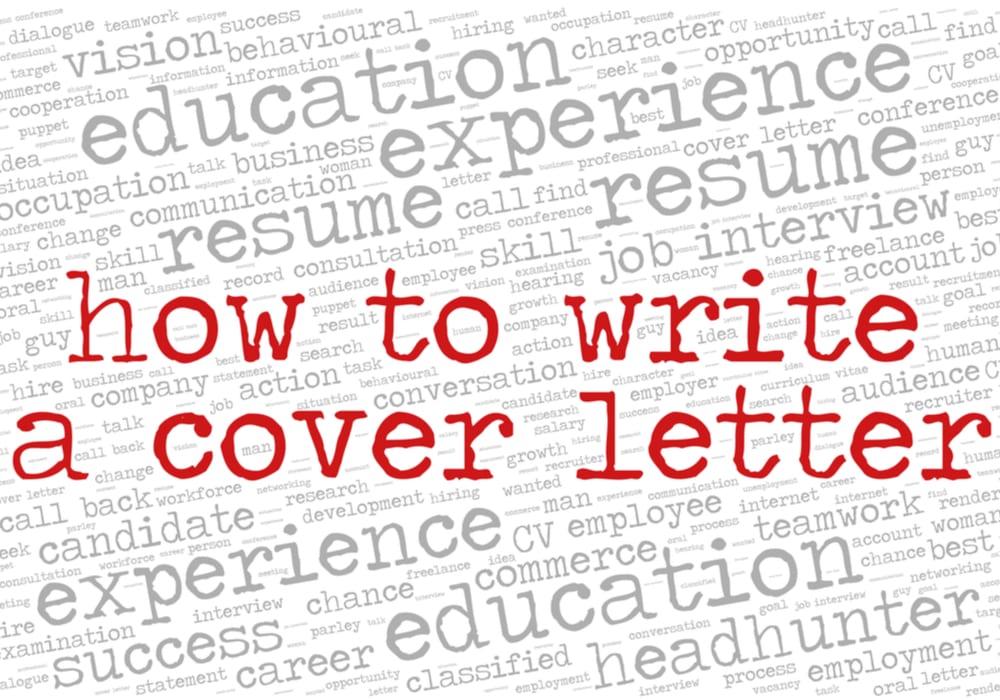- What Is Career Guidance?
- Guidance while choosing a career path
- Career Guidance for Job Search
- Mid-career Guidance
- Career Guidance in case of Layoffs
What Is Career Guidance?
There are instances in the professional lives of almost all individuals where they feel the need for professional guidance to further their career. Professionals might seek career guidance under different circumstances or situations such as-
- While choosing a field of expertise
- Deciding if they should change the course of their career into a new field
- Re-entering the workforce
- Looking out for promotion or substantial financial growth
- In the case of lay-offs
Whatever may be the reason, professional career guidance helps to make informed decisions when it comes to one’s career. It can be defined as a comprehensive program which is developed and designed to help professionals with informed occupational and educational decisions. It helps them acquire knowledge, required skills, and experience necessary to identify possible career options, and finally narrow them down to make the right career choice which suits their interest.
Career guidance holds immense importance as it results in professionals’ financial, social, emotional, and professional well-being. In this age where ambitions are soaring, career queries are common. Hence, it is important for institutions to set up career guidance capabilities for professionals in all stages of career.
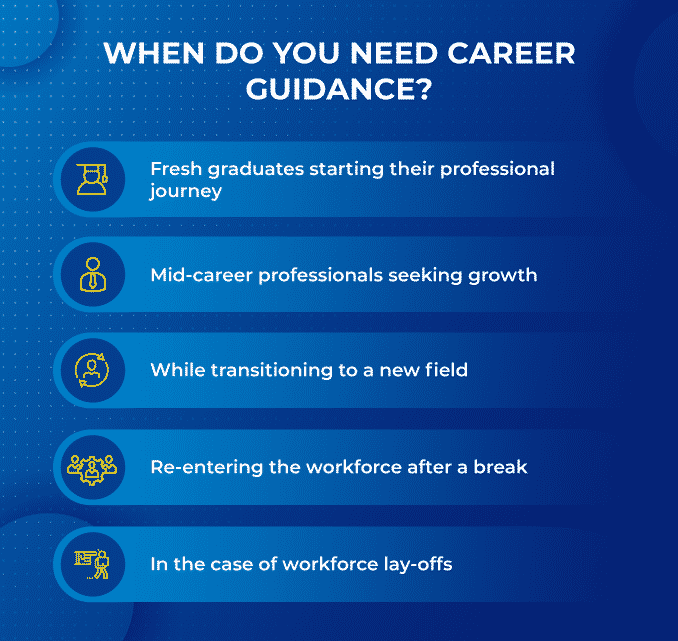
Guidance while choosing a Career Path
If you are a fresh graduate or an entry-level professional, the responsibility of making a career choice can be overwhelming. It could be challenging to assess your skills and map them with available career options, also keeping in mind your interest areas. Hence, it is crucial to take professional career guidance. Below are a few steps that will help you in deciding your career choice.
- Choose your Industry or functional preference – First, identify a broad area you would want to explore. It could be an industry (manufacturing, pharmaceuticals, e-commerce etc.), or a functional preference (marketing, business analytics, research, software engineering etc.). Once you identify your field of interest, start exploring the nature of work and the skill sets that are preferred by employers under your domain of interest.
- Narrow down by career path – Your chosen field of interest would have multiple career paths. For example, digital marketing, social media marketing, content marketing, branding and many other career paths. Make a list of all possible career paths in your chosen domain. Now, map your existing skill sets with the skills required for each of these career paths. Narrow the list down to a few viable career paths and figure out what skills you need to acquire in order to pursue one of these paths.
- Discover occupations and jobs – Once you have a few options of career paths to pursue, start looking out for available roles and opportunities in those areas.
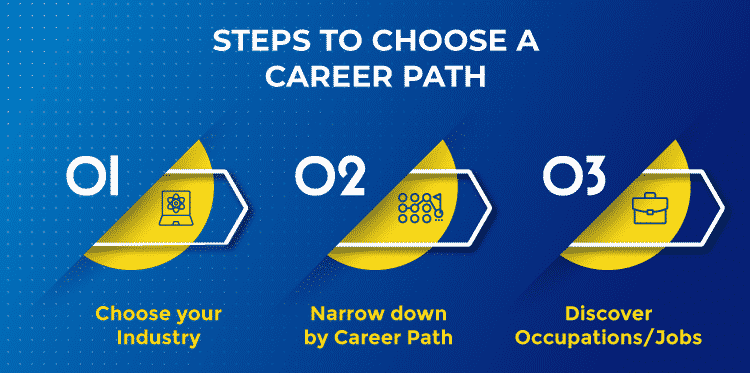
By following these three steps, you have narrowed down to a few choices that you can pursue. If you feel that you cannot go ahead with this process on your own, there are many career guidance professionals who could help you choose your dream job.
Here are some of the sample questions that a career guide might ask to understand you and your needs better:
- How do you feel when you think about building your career? – Excited, exhausted, motivated, burdened, etc.?
- What do you think you need in order to decide on your career path? – Any specific information, skills, knowledge on a certain topic, etc.
- What would your dream job be like? – Your expectations with the job, the kind of environment you seek, your responsibilities etc.
- What could get in the way of you and your dream job?
- What do you need to change in your life to get you to your goal? – Any negative habits or qualities, poor time management, personality traits etc.
Also Read: How will Artificial Intelligence create more jobs?
Career Guidance for Job Search
While searching for that perfect job, candidates come across many roadblocks. Career guidance counsellors help professionals to discover the right jobs on different platforms. They also help them write a stellar resume and prepare for probable interview questions that improve the first impression and chances of employability of the candidate. They will guide the candidates on how to build a professional network for a successful career and professional life throughout. Last but not the least, the career guide will also help you learn salary negotiation skills.
Mid-Career Guidance
Mid-career guidance involves getting help with advancing your career for growth, dealing with workplace issues, and career transition into a new domain. The guidance counsellor deals with questions on the ways to get a promotion, negotiations during appraisals, transitioning to a new domain, managing job stress, and issues at the workplace: with your boss or colleagues.
Here are some of the sample questions that a career guide might ask to understand you and your needs better
- How was your experience at your last job? – What did you like? what did you not like?
- What experience do you have to support your current career choice? – relevant experience, skills developed over the years.
- How do you deal with stress?
- What has been your favourite and least favourite environment?
- What unexpected events or people have influenced your past decisions?
- How comfortable are you with taking risks? – What kind of risks you have taken in the past and what kind of risks you are open to taking in the future.
- Do you love deadlines or feel pressured by them?
Career Guidance in case of Layoffs
Job loss is a devastating experience and affects a professional financially as well as emotionally. It takes a toll on your professional identity as well. Career guidance plays an important role in assisting professionals to come out of this traumatic experience and secure a job as quickly as possible. The major impact of job loss is the income loss and hence getting professional guidance will speed up the process of finding a new job without compromising on pay, profile, or other factors.
Here are some of the sample questions that a career guide might ask to understand you and your needs better:
- What is the reason behind your job loss?
- How open are you to unexpected opportunities?
- Are you open to relocation?
- What did you like and dislike from your previous experiences?
- What skills have you developed over the years?
- What kind of roles are you open to considering? – Industries, verticals, designations, etc.
Also Read: What is Career Planning
